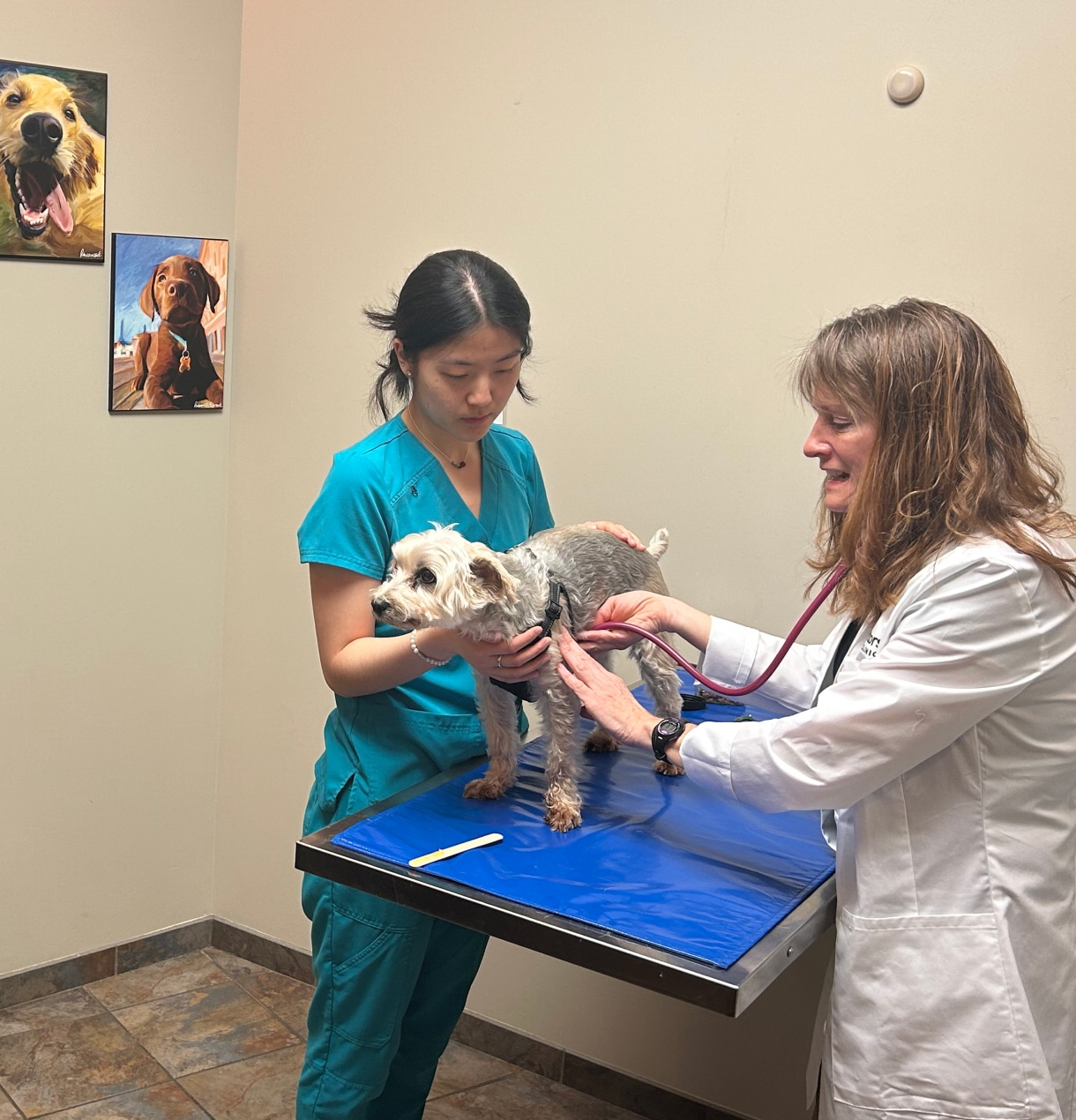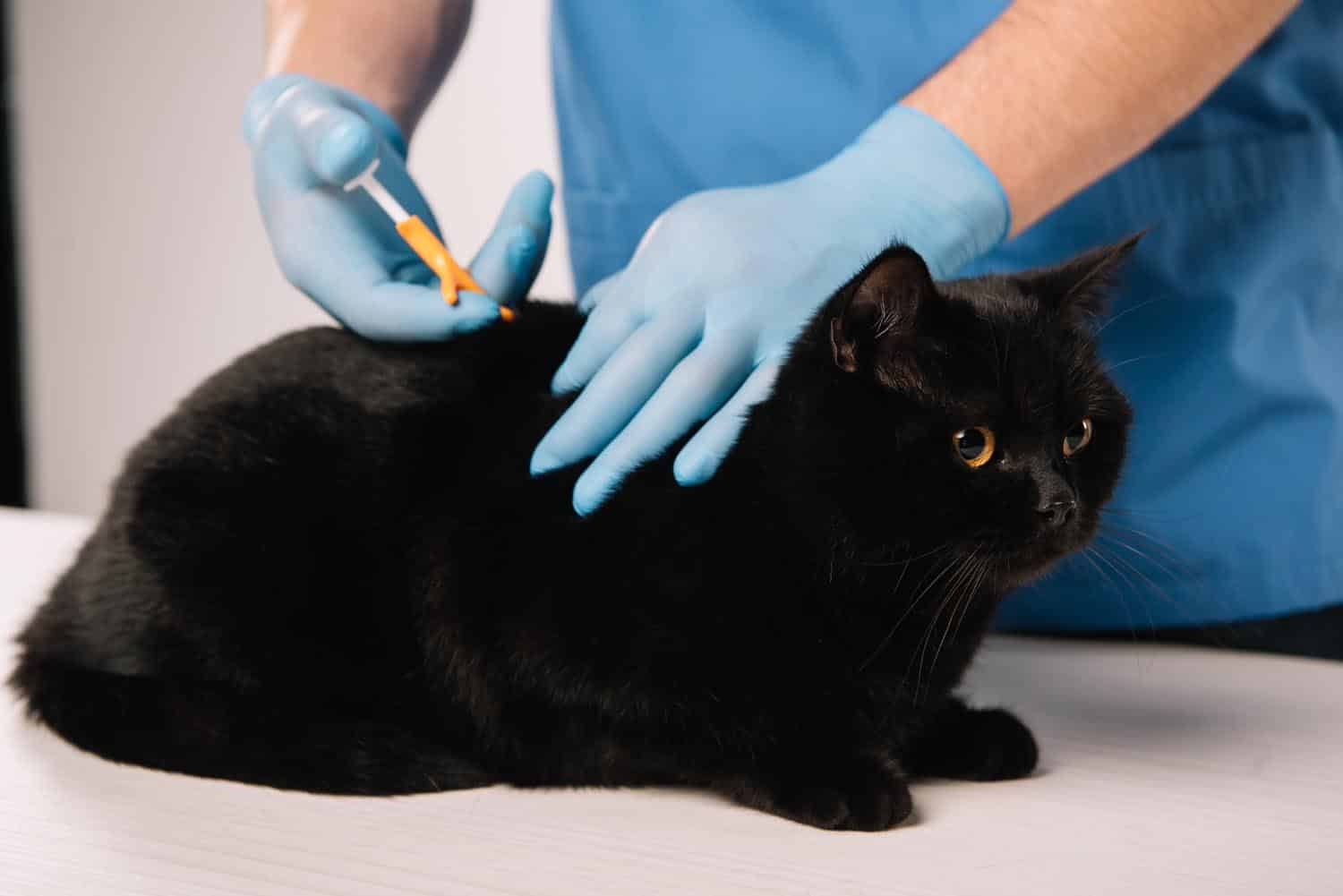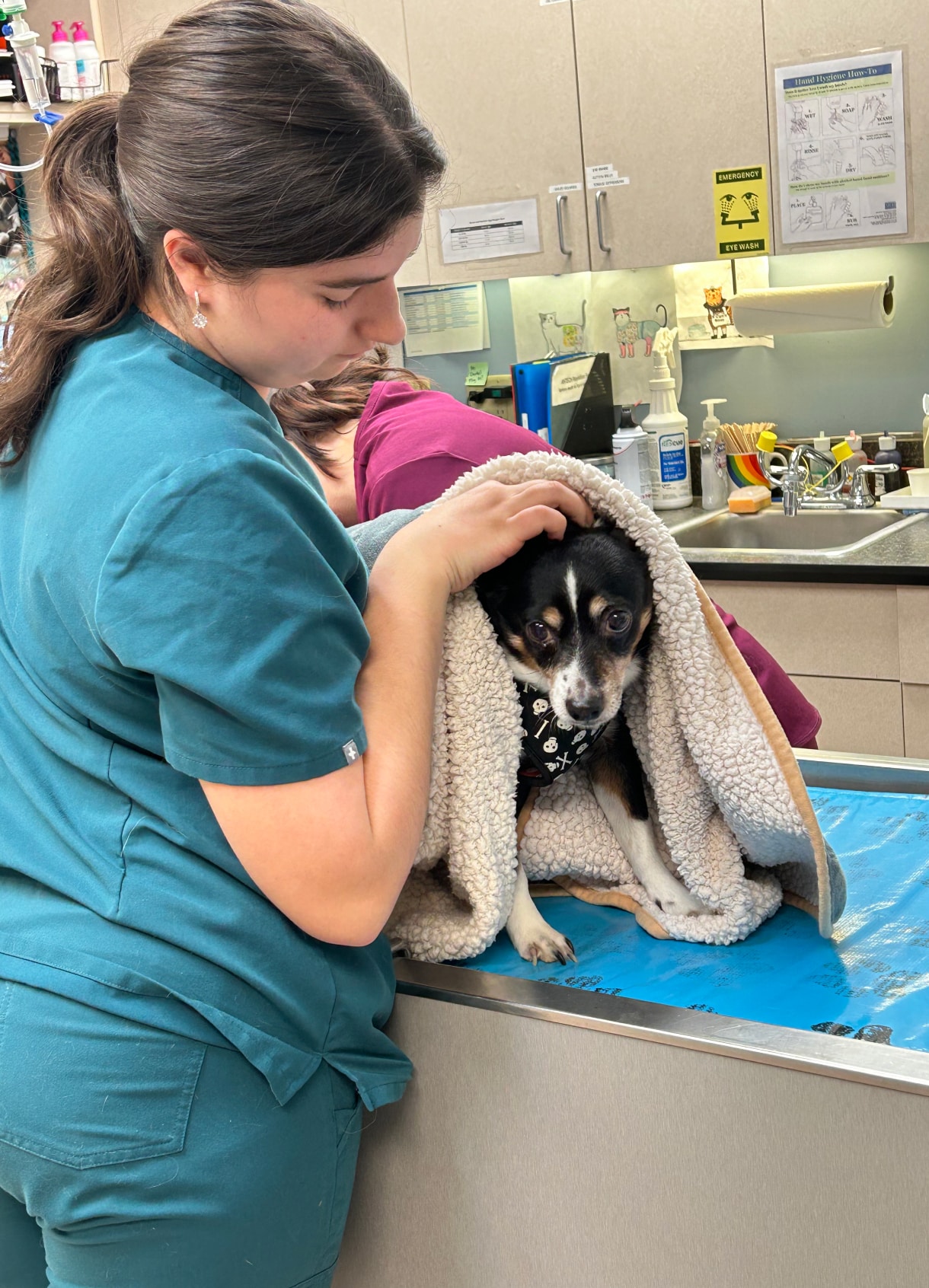Puppy and Kitten Wellness Services in Minneapolis, MN
Bringing home a new puppy or kitten is an exciting adventure filled with fun, affection, and new experiences. Pet Doctors Animal Clinic provides dedicated care for your youngest family members. Our Puppy and Kitten Wellness services in Minneapolis, MN, are designed to ensure your new pets are healthy and strong in their formative years. Whether you have a new puppy or kitten, our team is here to help you through their crucial early stages with expert care and advice tailored to their specific needs.

Vaccinations: Protecting Your Pet’s Future

Vaccinations are a vital part of your puppy or kitten’s early care regimen. These vaccines are their strongest defense against dangerous diseases that young pets are especially vulnerable to. Puppies and kittens receive some immunity from their mothers at birth and these maternal antibodies eventually decrease. That is why it’s important to maintain that protection through a series of vaccinations.
Core Vaccines
All puppies and kittens need core vaccines regardless of their lifestyle or environment. These vital shots protect against the most common and severe diseases that threaten their health. Essential vaccines include the following:
Additional Vaccinations
Your pet’s lifestyle, environment and risk of exposure to certain diseases determines which additional vaccines are needed. These non-core vaccines are important for pets who have a higher likelihood of encountering specific pathogens.
At Pet Doctors Animal Clinic, we’re committed to making your pet’s health care as convenient as possible. That’s why we’re excited to offer our online store, where you can easily purchase vaccination products and other essential items for your puppy or kitten from the comfort of your home.
Parasite Prevention: Keeping Your Pet and Family Safe
Intestinal parasites are a common concern for puppies and kittens, and early detection is key to preventing health issues. Common culprits are roundworms, hookworms, and tapeworms. They can affect your pet’s digestive system, skin, and even internal organs, leading to symptoms such as diarrhea, vomiting, weight loss, and anemia.
Moreover, many parasites carry zoonotic potential. This means that some of these parasites can be passed from pets to humans, posing a risk to your family’s health as well. These zoonotic risks highlight the importance of regular deworming, routine fecal testing, and strict hygiene practices, such as washing hands after handling pets and cleaning up pet waste promptly.
Fecal Flotation Test
A simple way to check for intestinal parasites is a fecal flotation test. A small stool sample is analyzed under the microscope to check for parasite eggs. This test is recommended to be done at least twice during your pet’s first year to confirm that your pet is parasite-free. Regular parasite screenings are still highly recommended. If we do find any eggs, we’ll prescribe a safe and effective treatment to eliminate the parasites.
External Parasites
External parasites like fleas and ticks can impact your pet’s health and comfort. Fleas and ticks are not only a nuisance, causing itching and irritation, but they can also transmit serious diseases.

Health Certificate Process
Obtaining a health certificate isn’t something that can be done at the last minute. Depending on the destination and the requirements, it may take multiple visits and several months to complete the necessary tests, treatments, and paperwork. At Pet Doctors Animal Clinic, we encourage you to contact us as soon as you start planning your trip to ensure a smooth process. Our veterinarians will guide you through the process and make sure your pet is fully prepared for travel.
Comprehensive Care Throughout Your Pet's Life
Comprehensive wellness care doesn’t end after your pet’s first year. At Pet Doctors Animal Clinic, we build long-term relationships with our patients and their families. As your puppy or kitten grows, we’ll continue to provide regular wellness exams, preventative care, and any other medical services they may need.
Give Your Little One a Pawsitive Start | Schedule Your Puppy or Kitten's First Visit Now!
Starting your puppy or kitten on a wellness plan is an investment in their future. Our team at Pet Doctors Animal Clinic in Minneapolis, MN, is here to support you every step of the way. Call us today at (612) 607-0044 to schedule your pet’s first wellness exam. Together, we’ll ensure your new companion grows up healthy and happy.
Frequently Asked Questions About Puppy and Kitten Wellness
What vaccinations does my puppy or kitten need?
Your puppy or kitten will need several vaccinations starting at 6-8 weeks of age. Core vaccines include the distemper combo vaccine and the rabies vaccine, administered by 16 weeks of age.
How often should my puppy or kitten have a fecal flotation test?
We recommend two fecal flotation tests in the first year to ensure your pet is free of parasites. After that, routine checks should be performed twice a year.
Is microchipping painful for my puppy or kitten?
Microchipping is a quick procedure with minimal discomfort. The chip is small, about the size of a grain of rice, and is implanted under the skin between the shoulder blades.
Why do I need a health certificate for my pet?
A health certificate is required for travel to confirm that your pet is healthy and free from contagious diseases. It’s essential to start this process early, as it may require multiple visits and can take several months to complete.
How can I schedule my puppy or kitten’s wellness visit?
You can schedule a wellness visit by calling Pet Doctors Animal Clinic at (612) 607-0044. Our team is ready to help your new pet start life on the right paw!
